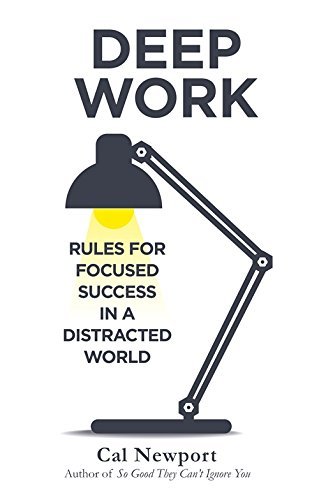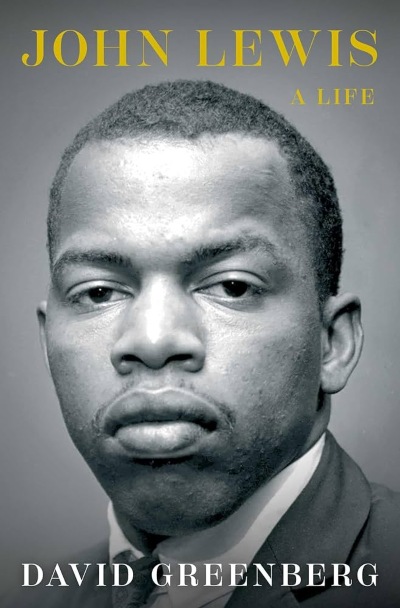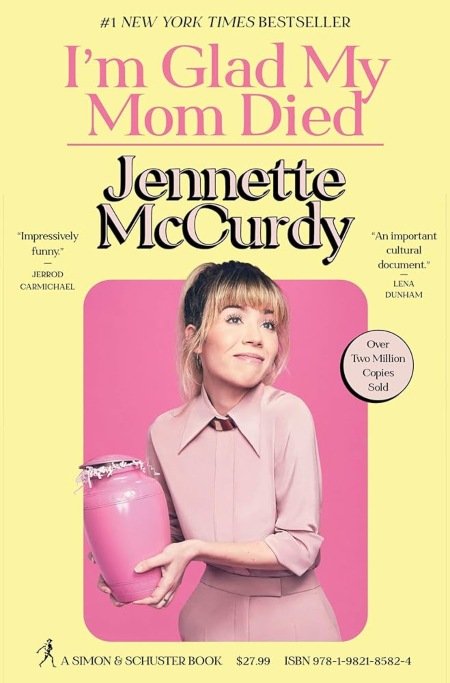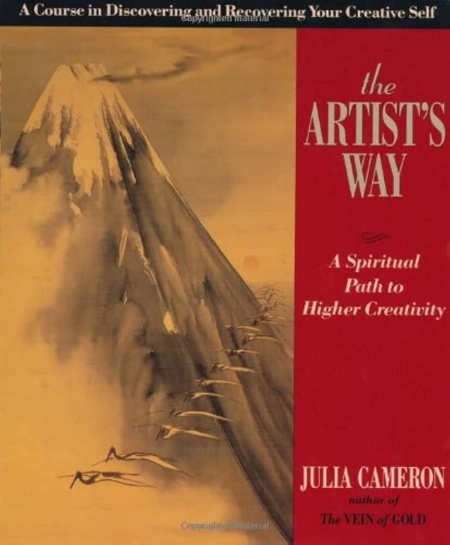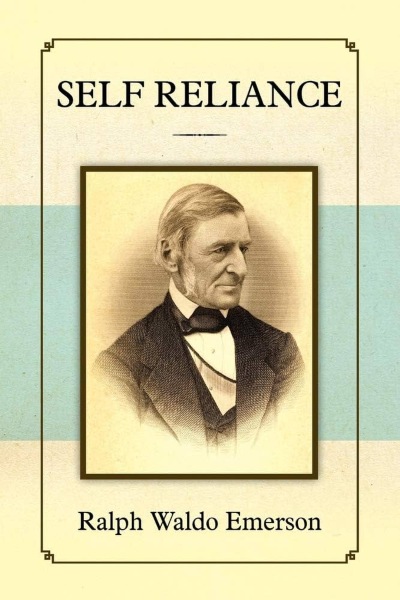Unfuck Yourself: Get Out of Your Head and into Your Life, Gary John Bishop
This review provides a comprehensive breakdown of Bishop’s tough-love message, emphasizing self-responsibility, action, and mental discipline. Unfuck Yourself serves as a practical guide for anyone ready to take control of their life and break free from mental limitations.
Gary John Bishop’s Unfuck Yourself is a no-nonsense self-help book designed to shake readers out of their mental roadblocks and into action. In this straightforward and brutally honest book, Bishop blends tough-love motivation with actionable advice, pushing people to stop making excuses and start living the life they want. Here we will break down the book’s core themes and messages, emphasizing why its hard-hitting approach continues to resonate with readers.
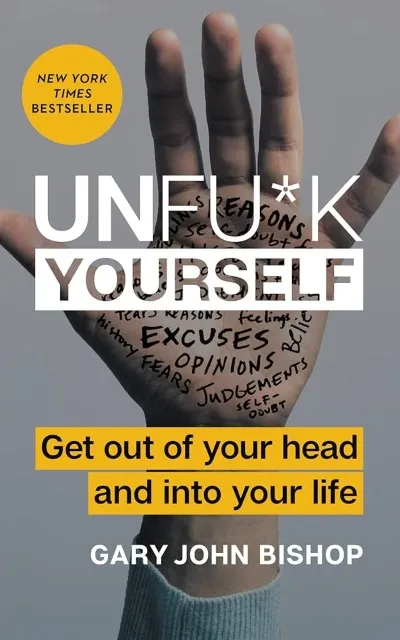
Action Over Excuses: The Key Message
At the heart of Unfuck Yourself is a simple yet powerful message: the biggest obstacle standing between you and success is your own mind. Bishop argues that people overthink, rationalize, and use endless excuses to avoid taking the necessary steps toward change. His direct approach challenges readers to stop overanalyzing and get moving. He emphasizes that we often create our own limitations by surrendering control over our lives to our thoughts and circumstances.
Key Lessons from the Book:
- Stop blaming external circumstances for your problems.
- Take full ownership of your actions and mindset.
- Move from thinking about change to actively pursuing it.
This Unfuck Yourself book review highlights the book’s unapologetically direct tone, reminding readers that change is ultimately their responsibility. Bishop’s tough-love style is meant to jar readers out of their comfort zones and get them to take immediate action. If you’re stuck in inaction, this book reminds you to stop overthinking and start acting.
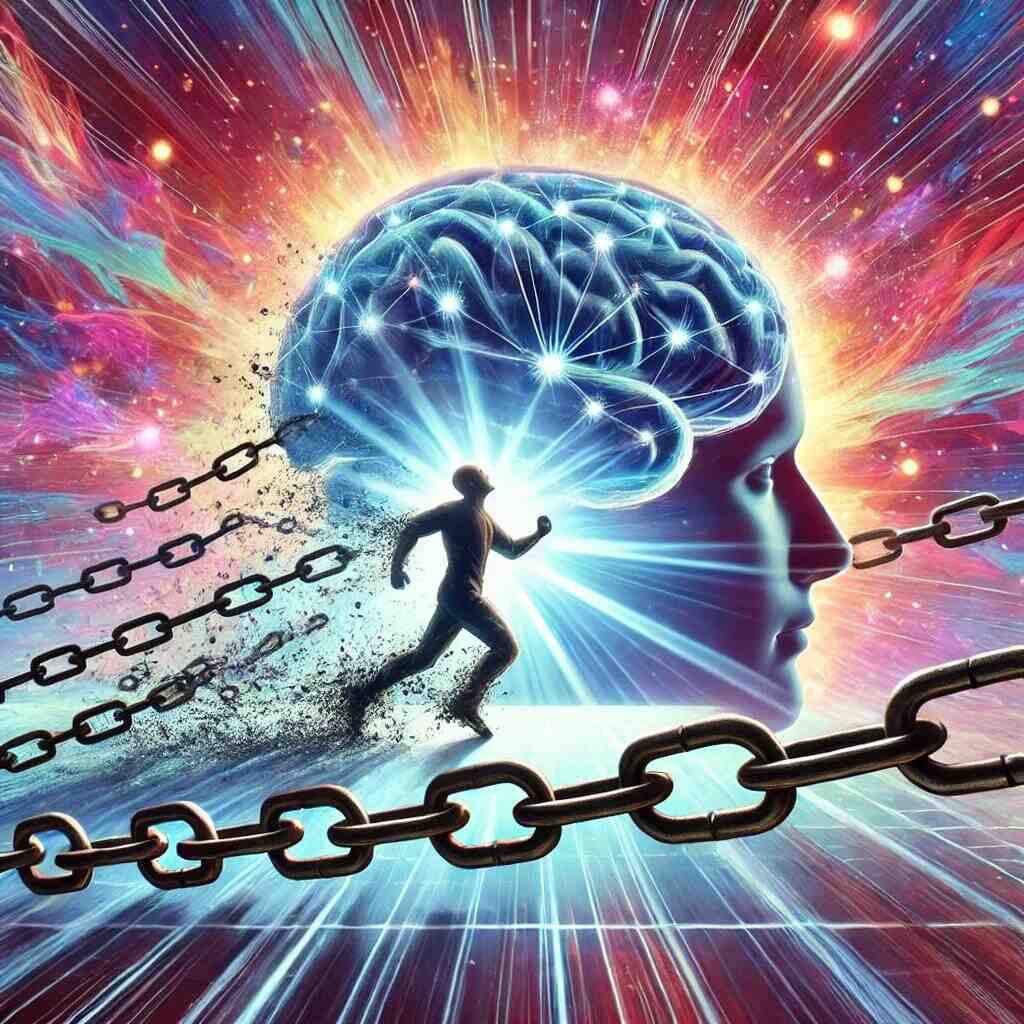
Breaking Free from Limiting Beliefs
One of the most compelling themes of Unfuck Yourself* is the idea that we are prisoners of our own limiting beliefs. Bishop emphasizes that people hold themselves back by adhering to negative mental narratives that tell them what they can and cannot achieve. These internal stories often come from past experiences, societal conditioning, or personal fears, but Bishop insists that they are just that—stories. They are not facts.
The book focuses heavily on challenging these limiting beliefs and replacing them with new, empowering ones. Bishop argues that the first step to reclaiming control over your life is acknowledging how these beliefs have shaped your reality. He provides practical strategies to break free from these mental traps, urging readers to lean into discomfort and push past the barriers they have constructed in their minds.
Unfuck Yourself shows how Bishop’s no-excuses mentality encourages readers to take a closer look at the role their beliefs play in shaping their behavior. By confronting these limiting ideas head-on, individuals can start making the changes they’ve been avoiding, pushing past their mental blocks to create a more fulfilling life.
The Power of Language and Self-Talk
Bishop argues that the language you use with yourself is crucial to your success or failure. Self-talk, according to him, is a powerful force that can either limit or empower you. Negative self-talk reinforces those limiting beliefs that keep you stuck, while positive, proactive self-talk opens up possibilities for growth and action. He explains that changing how you speak to yourself is the first step toward changing your behavior.
One of the most impactful quotes in the book is:
“You have the life you’re willing to put up with.”
This statement drives home the core of Bishop’s philosophy: you are responsible for the life you’re living, and if it’s not the life you want, it’s because you’ve accepted it. He encourages readers to use language that moves them toward action instead of keeping them stuck in a place of acceptance and stagnation.
This Unfuck Yourself review underscores that Bishop’s focus isn’t just on positive thinking, but on productive, actionable self-talk. By changing your inner dialogue, you can shift your perspective and start making the decisions that lead to real change. The power of language in shaping your reality is one of the most practical and accessible takeaways from the book.
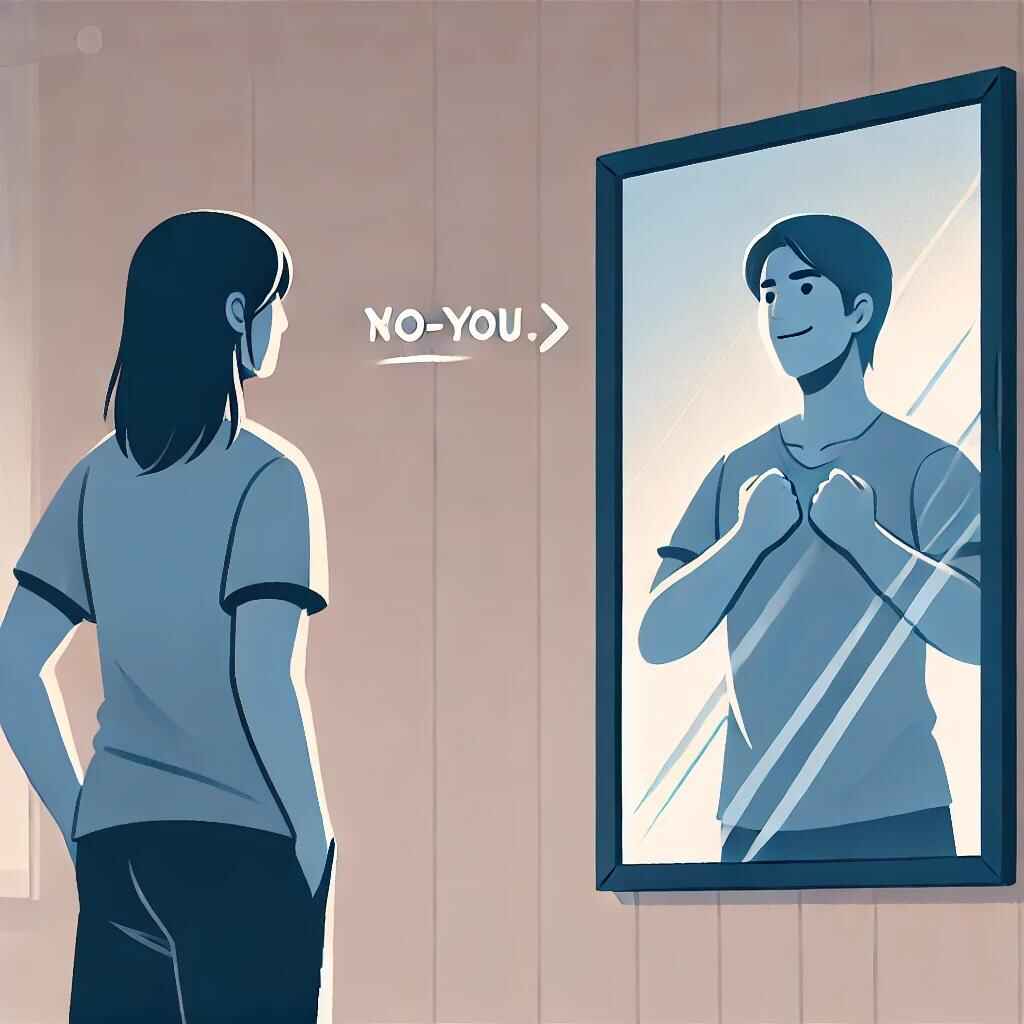
Practical Steps to Unfu*k Yourself
Bishop doesn’t just offer theories; he provides practical, actionable steps that readers can implement in their daily lives. The book emphasizes that small, consistent changes can lead to significant transformations over time. The steps Bishop outlines are straightforward but powerful, guiding readers to make incremental shifts that lead to larger breakthroughs.
Key Steps to Take Action:
- Challenge your internal monologue and reframe negative thoughts.
- Practice self-awareness by recognizing when your mindset is holding you back.
- Commit to daily actions that align with your broader goals.
- Embrace discomfort and use it as a signal for growth.
- Stop seeking perfection; instead, focus on progress.
This Unfuck Yourself review emphasizes that the book’s practicality is one of its strongest features. Bishop’s advice isn’t just motivational fluff—it’s rooted in actionable steps that anyone can start implementing immediately. He pushes readers to embrace a proactive, solution-oriented mindset, rather than waiting for the “perfect moment” to make a change. His message is clear: if you want to unfu*k your life, you need to take ownership of your actions.
No More Excuses, Only Action
Throughout Unfuk Yourself*, Gary John Bishop returns to one consistent message: you control how you respond to your circumstances. He dismantles the idea that external factors are solely responsible for your lack of progress. Bishop insists that action is the only thing standing between you and the life you want. He strips away excuses, complaints, and self-pity. The key to change, he emphasizes, is taking action.
Bishop’s message may seem harsh to some, but that’s precisely what makes it so effective. It forces readers to confront their own complacency and lack of accountability. If you want real change, it’s not enough to think about it or talk about it; you have to get up and do something about it. The self-help book functions as both a wake-up call and a motivational tool, designed to push readers out of their comfort zones and into a life driven by intention, action, and self-responsibility.


